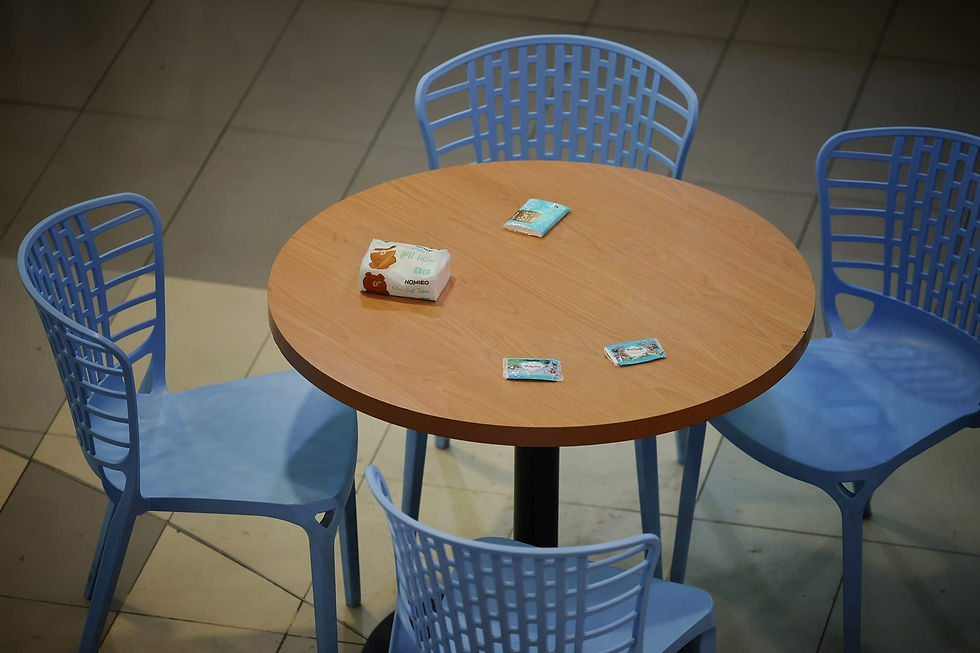Match Attax and Moral Choices
- euan2853
- Oct 6, 2025
- 2 min read
Updated: Oct 16, 2025

When I was in primary school, Match Attax football cards were the craze. I remember rushing to the nearest 7-Eleven after class, spending pocket money on packs, hoping to find a rare limited edition card of Dele Alli or Eden Hazard. At recess, my friends and I would gather in the playground to trade cards, negotiating deals with exaggerated gestures and sly smiles. The thrill of the game often came with temptation: was it fair to trade my duplicate for someone else’s prized holographic when I knew it wasn’t equal in value? Could I bend the truth slightly to get what I wanted, or should I stick to honesty, even if it meant walking away empty-handed?
Kant offers a way of thinking about these dilemmas. He believed honesty is not just good when it benefits us, but a duty, something we owe to others because they, like us, are ends in themselves. If my maxim was “I will mislead others about the value of my card to get what I want,” and everyone acted that way, the entire practice of trading would collapse. No one would trust the swaps, and the joy of the game would vanish. The principle mattered more than the card itself: treating others as ends, rather than as a means to my advantage, is what gave our playful exchanges meaning.
Looking back, the excitement wasn’t only about the cards themselves but the trust that made trading possible. Some of the most satisfying moments came when a friend offered a fair deal, even at their own expense. Those trades carried moral worth because they were done from principle, not advantage. I also began to notice subtler moments of morality: declining to take someone’s last card out of pity, refusing a trade that would unfairly exploit another’s ignorance, or even the joy of giving a card away without expecting anything in return. These small decisions shaped not just the game but the friendships that endured long after the playground emptied.

Today, my Match Attax cards sit forgotten in drawers, collecting dust, but the lessons linger. Kant would say that what mattered wasn’t how many rare cards I collected, but whether I treated my friends with respect in the process. Even in something as small as playground trading, the choice was always the same: act out of duty and respect, or reduce others to a means of winning the game. I carry that lesson beyond the playground, into friendships, school, and even daily interactions with strangers. Honesty, fairness, and respect may not make life as thrilling as finding a shiny Hazard card, but they give it enduring value.


Comments